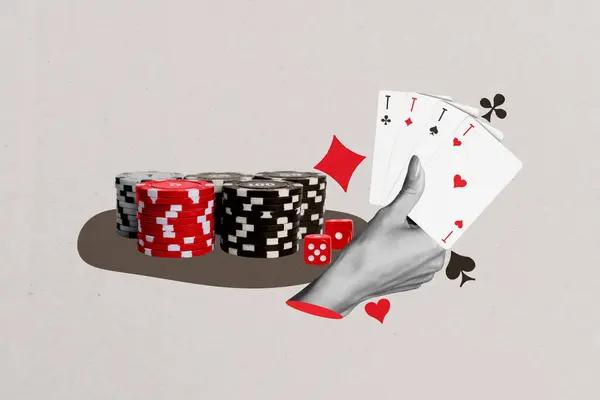
What Makes a Gacor Slot Game Profitable
In the world of online gambling, slot games have become a favorite pastime for many…
Top Instant Withdrawal Casinos That Pay Instantly
When it comes to online gambling, one of the most important factors for players is…
Get More Jackpots with the Latest Slot Gacor Games
In the dynamic world of online gaming, slot machines continue to captivate players with their…
Boost Your Credit Rapidly With The Platform 918kiss
Are you interested in making money fast? Do you enjoy online Casino games and platforms?…
High and low-risk odds- Understand the main differences
Sports bettors know the importance of making the right choices for every bet. They face…
365raja Makes Online Slots Easy for Beginners
In the rapidly evolving world of online gaming, beginners often find themselves overwhelmed by the…
Atas Login Made Simple: Access Your Account in Seconds
Accessing your Atas account has never been easier, thanks to a streamlined login process designed…
Cuan 138 Mobile App: Gambling Anytime, Anywhere
Cuan 138 Mobile App is a revolutionary platform that has successfully merged the convenience of…
How to Access Provably Fair Games at a Crypto Casino
Cryptocurrencies have revolutionized the online gambling industry, providing a level of transparency and security that…
Mega888 iOS Enjoy Casino Games Without Limits
Mega888 is a trusted online casino app that has been designed to be compatible with…



















